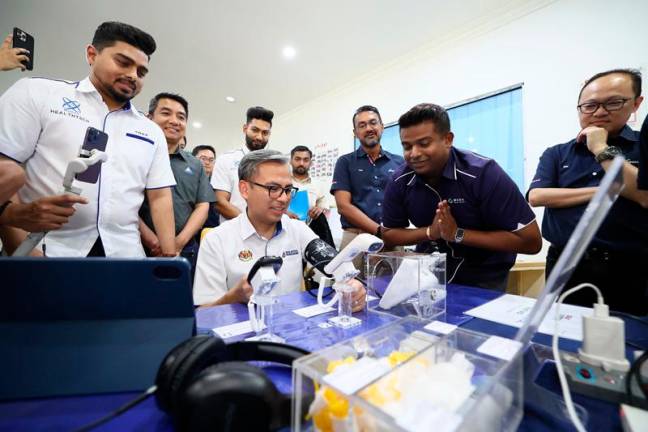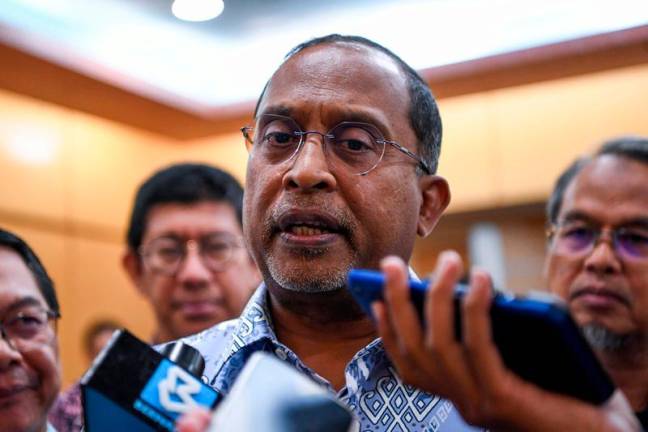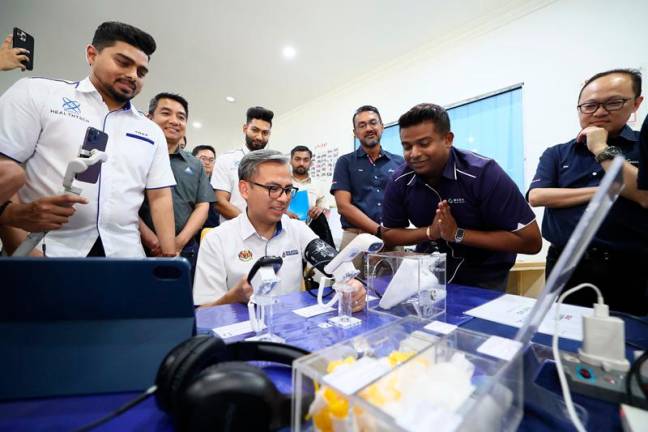PETALING JAYA: A lack of transparency and accountability by people in positions of influence and power is like a virus that has infected all facets of Malaysian life.
According to experts, this has led to a culture of apathy in the face of corrupt practices.
Political scientist Prof Wong Chin Huat said beyond institutional failures, what drives the Malaysian corruption culture is a sense of entitlement through ethno-religious, partisan or business ties.
Wong was commenting on the swirl of arguments and counter-arguments between two former prime ministers – Tun Dr Mahathir Mohamad(pix) and Datuk Seri Najib Abdul Razak – over the millions in cash seized during a police raid on a luxury condominium unit in Kuala Lumpur in May 2018.
The RM114 million seized was allegedly misappropriated from 1Malaysia Development Bhd but the court ruled that the prosecution had failed to prove that it was obtained through illegal activities.
While the High Court has dismissed the government’s forfeiture of the cash, Mahathir said Najib should still reveal how he got the money. “People have a right to know where he managed to obtain the money,” Mahathir said in a video posted on his Facebook page on
May 21.
He also questioned the motive for not depositing the money in Umno’s bank account if, as Najib claimed, it was for the party’s use.
In response, Najib claimed that the money included contributions to underwrite Barisan Nasional’s campaign in the 14th general election.
“The people’s right to know prevails over the privacy of the holders of public office. This sense of accountability is currently not present in our political culture.”
He recounted a statement by a visiting Scandinavian deputy minister, who said that “you will soon be able to find out the cost of my trip on our government’s website”.
Wong said the lack of transparency and accountability would only raise questions about integrity, which will deter investments in Malaysia.
For a start, reform of three institutions – the Attorney-General’s Chambers, Malaysian Anti-Corruption Commission and the Inland Revenue Board – would free them from political control.
Criminologist Shankar Durairaja said the failure of those in power to be accountable can create a series of negative effects.
“It breaks the trust between people in power and society. It affects their reputation by sending the wrong signals to the people.”
He said this could lead to the normalisation of abuse of power and corruption, thereby tarnishing the country’s image and stunting its economic, social and political growth.
“Events in the past, such as the failure of law enforcement agencies to act on high-profile corruption cases and the tight state control over the media, are cases in point.”
Shankar said reforms will not be easy and it can take years. The people’s voice must be enhanced, and the judiciary and civil service reformed to remove layers of bureaucracy. There must be tough anti-graft laws, and an assurance that law enforcement agencies are independent.”










